|
|
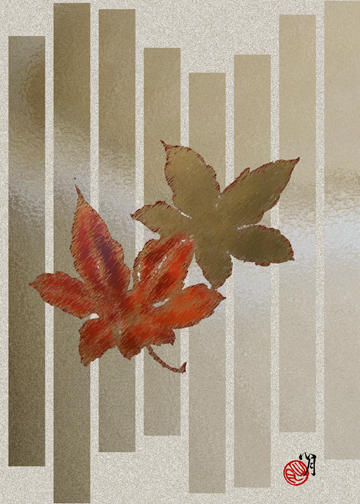
|
Let thoughts drop away.
All we have is this moment; use it well. Shine as brightly as you can! Seth Zuiho Segall. "Shine As Brightly As You Can," The Existential Buddhist: dharma without dogma [blog] |
|
Each Day In Life is Training Training For Myself Though Failure is Possible Living Each Moment Equal to Anything Ready for Everything I am Alive—I am This Moment My Future Is Here and Now For if I Cannot Endure Today When and Where Will I? (Words for Each Day) Soen Ozeki |
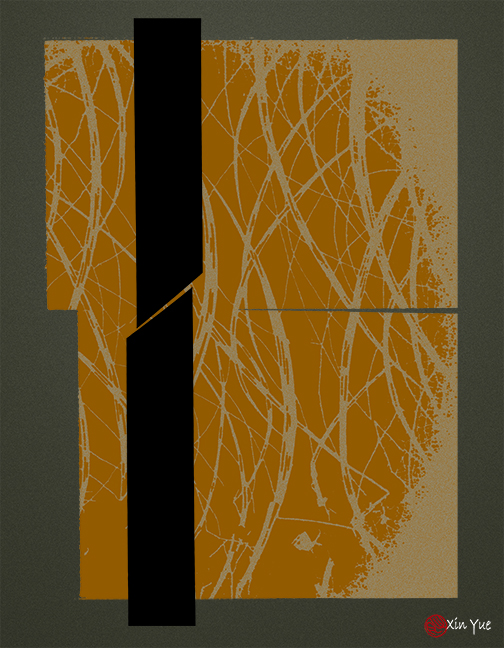
|

|
Each morning we are born again. What we do today is what matters most.
Jack Kornfield. The Buddha's Little Instruction Book, p. 79. |
|
Years of meditation, studying and reflection have led
me to believe that the Buddha Siddhattha Gotama was
what I can only call a humanist and skeptic of the
first order. He had no time for the religion of his
day or the eternally inconclusive debate as to
whether or not there is a creator God. His question
wasn't why are we here, but here we are -
now what? Stephen Schettini Web site Welcome page (viewed 9/4/2013) |

|
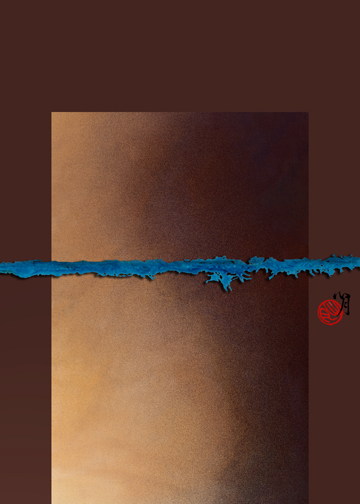
|
Practicing mindfulness, concentration and insight,
walking the Noble Eightfold Path as the path of
happiness in the present moment, has become only a
very small part of Buddhism as it is practiced today.
We did not inherit the most precious parts of the
spiritual heritage that Siddhartha left. Our Buddhism
has become corrupted, unable to play its original
role. We need to put all our heart into renewing
Buddhism, so that it can continue to play its role in
generating peace for individuals, families, countries
and societies. By only practicing devotional
Buddhism, bowing our heads amidst incense all day
long, we will not able to do that-and not be worthy
to be called descendants of the Buddha-the Great
Conqueror of Afflictions. Thich Nhất Hạnh. Vesak Message 2013 |
|
直心是道場 A straightforward mind is the place of practice (dojo) The straightforward mind is the place of enlightenment (bodhimaṇḍa) Vimalakīrti Nirdeśa Sūtra, Chapter 4. |
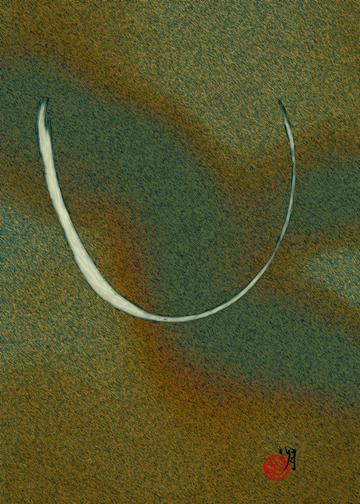
|
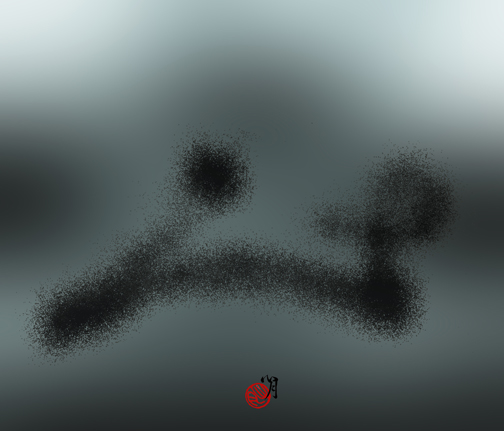
|
心如止水 Mind like water Refers to a state of mind that mirrors water's flowing, reflective, and adaptive qualities. |
|
Every day, priests minutely examine the Law And endlessly chant complicated sutras. Before doing that, though, they should learn How to read the love letters sent by the wind and rain, the snow and moon. Ikkyū Sōjun 一休宗純, 1394-1481. |
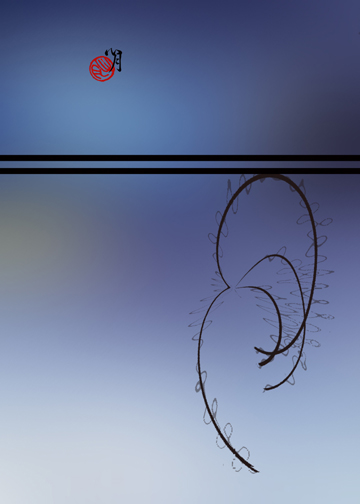
|
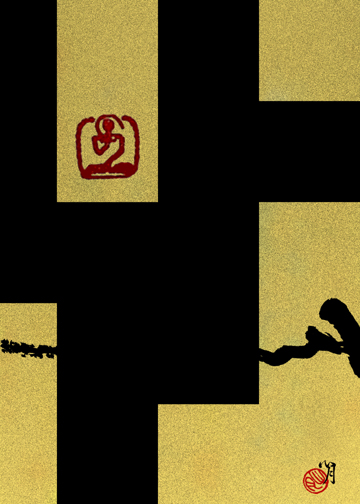
|
Found your hope then, on the ground under your
feet. Wendell Berry. Leavings, Sabbaths VI, p. 91-93. |
|
In meditation, don't expect anything. Just sit back
and see what happens. Treat the whole thing as an
experiment. Take an active interest in the test
itself, but don't get distracted by your expectations
about the results. For that matter, don't be anxious
for any results whatsoever. Bhante Henepola Gunaratana. See: Mindfulness in Plain English. Chapter 4. |
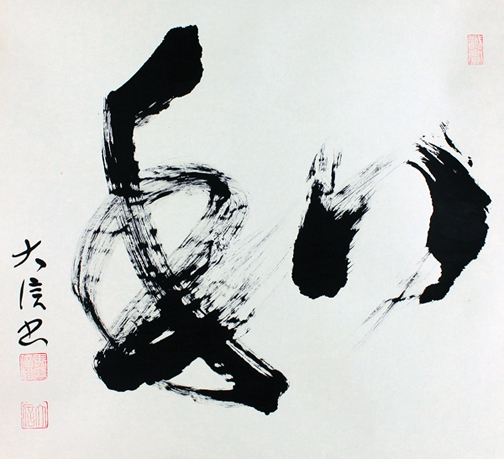
|

|
"The Buddha could accomplish the enlightened mind
because its very nature was already there. That is
why buddhahood—enlightenment—is possible.
If there were no such nature or potential, it would
be impossible". Dalai Lama. Imagine All the People: A Conversation with the Dalai Lama on Money, Politics, and Life As It Could Be, p. 120 |
|
You may have seen people praying to an image as if it
had special power. Perhaps they're wishing for the
well-being of their family, for material prosperity,
or to recover from illness. But this way of
practicing faith only leads to a dead end. Buddha
images should serve as inspirations to cultivate the
infinite loving kindness latent in the buddha within
us. Itō Shinjō 伊藤真乗. Shinjo Reflections, p. 125. |

|
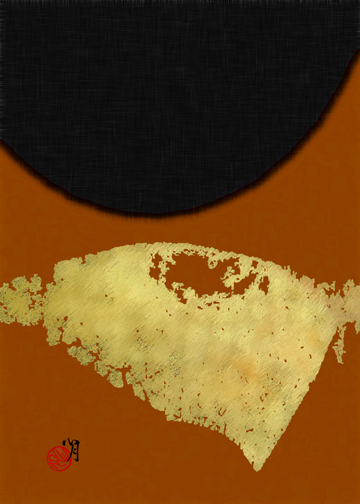
|
Truth rather than god, Meditation rather than prayer, Awakening rather than salvation, and Universal Life rather than individual soul. Steve Sampson, Mindfully Gay, posted Wednesday, January 02, 2013 |
|
If words have five marks they are not ill-spoken but
well-spoken, laudable and praised by the wise. What
five? They are spoken at the right time, they are
true, they are spoken with gentleness, they are to
the point and they are spoken with love. Anguttara Nikaya 5:198, Vaca Sutta |
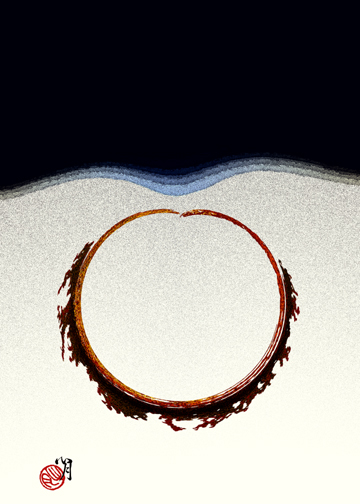
|
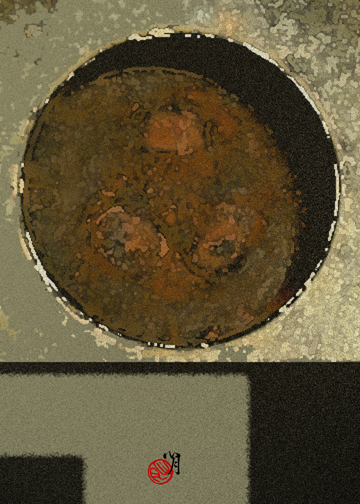
|
This is my simple religion. There is no need for
temples; no need for complicated philosophy. Our own
brain, our own heart is our temple; the philosophy is
kindness. His Holiness the 14th Dalai Lama, Tenzin Gyatso, 1935- . Kindness, Clarity, and Insight. |
|
日々是好日 Every day is a good day. Yunmen Wenyan 雲門文偃 (Unmon), 862 or 864-949 CE. Blue Cliff Record 碧巖錄, case 6 [With the mind awakened, every day is indeed a good day. It's all in your mental attitude.] |
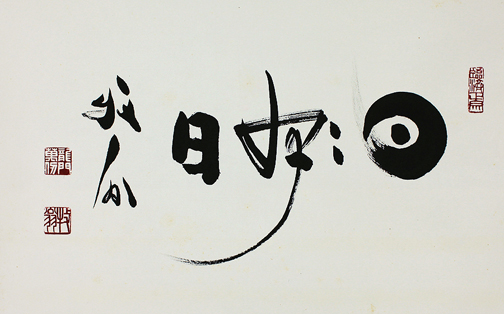
|
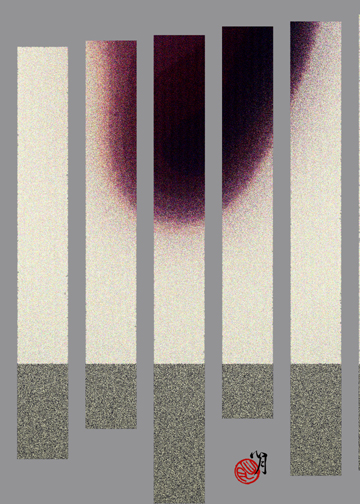
|
佛法在世间 不离世间觉 离世觅菩提 恰如求兔角 Buddhism is in the world; It is not realized apart from the world. Seeking enlightenment apart from the world Is like looking for horns on a hare. Daijian Huineng 大鑒惠能, 638-713 CE. Platform Sutra 六祖壇經, Chapter 3: Prajna. |
|
Buddhism is a religion for human beings, and the
regard for human concerns is very much at the root of
this religion. In the various sutras and sastras, the
Buddha said repeatedly that he, too, was a member of
the community, in order to emphasize that he was not
a god. The Vimalakirti Sutra states: "The
Buddha realm is found among sentient beings. Apart
from sentient beings, there is no Buddha. Apart from
the multitude of beings, there is no path to Truth."
The Sixth Patriarch also taught that, "The Dharma is
in the world; to understand the world is to
understand the Dharma. Seeking enlightenment apart
from the world is like seeking horns on a rabbit." To
achieve Buddhahood, we must train and cultivate
ourselves in this human world of ours. There is
simply no other way to attain Buddhahood. Hsing Yun 星雲大師, 1927- . The Fundamental Concepts of Humanistic Buddhism. |
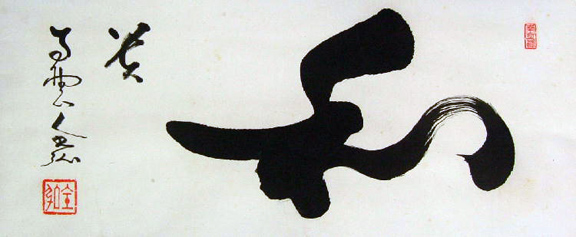
|

|
菩提只向心覓 何勞向外求玄 Wisdom is only found by observing mind, Why waste effort seeking metaphysical ideas? Daijian Huineng 大鑒惠能, 638-713 CE. Platform Sutra 六祖壇經, Chapter 3: Questions and Answers |
|
心即是佛 佛即是心 心外无佛 佛外无心 Mind is the Buddha, Buddha is also the mind. There is no Buddha outside the mind. There is no mind outside the Buddha. Bodhidharma 菩提達摩 (?) Bloodstream Sermon 血脈論 |

|

|
Do not go by revelation; Do not go by tradition; Do not go by hearsay; Do not go on the authority of sacred texts; Do not go on the grounds of pure logic; Do not go by a view that seems rational; Do not go by reflecting on mere appearances; Do not go along with a considered view because you agree with it; Do not go along on the grounds that the person is competent; Do not go along because [thinking] 'the recluse is our teacher'. Kalamas, when you yourselves know: 'These things are unwholesome, these things are blameworthy; these things are censured by the wise; and when undertaken and observed, these things lead to harm and ill, abandon them... Kalamas, when you know for yourselves: These are wholesome; these things are not blameworthy; these things are praised by the wise; undertaken and observed, these things lead to benefit and happiness, having undertaken them, abide in them. Kalama Sutra, Angutarra Nikaya, Tipitaka 3.65 |
|
When the Buddha was eighty years old and was about to
die, he told his disciples they should take refuge in
the island of self (attadipa). Because if they go
back to themselves and look deeply, they will touch
the Buddha, the Dharma, and the Sangha in themselves.
This still remains a very important practice for all
of us. Every time you feel lost, alienated, cut off
from life, or from the world, every time you feel
despair, anger, or instability, you have to know how
to practice going home. Mindful breathing is the
vehicle that you use to go back to your true home
where you meet the Buddha, the Dharma, and the
Sangha. Mindful breathing brings you home--it
generates the energy of mindfulness in you.
Mindfulness is the substance of a Buddha. Thich Nhất Hạnh. Going Home, Part 4 |
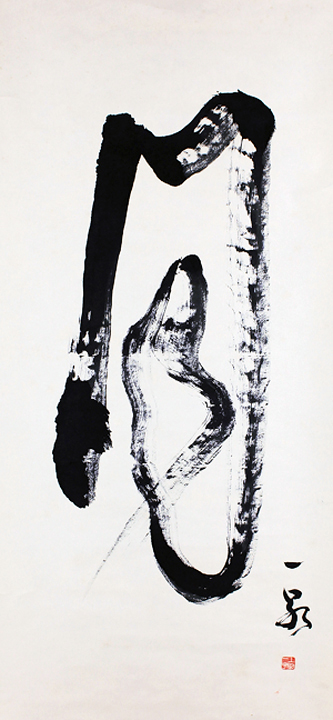
|

|
Namo tassa bhagavato arahato
sammāsambuddassa. Buddham saranam gacchami Dhammam saranam gacchami Sangham saranam gacchami Dutiyampi Buddham saranam gacchami Dutiyampi Dhammam saranam gacchami Dutiyampi Sangham saranam gacchami Tatiyampi Buddham saranam gacchami Tatiyampi Dhammam saranam gacchami Tatiyampi Sangham saranam gacchami Honour to him the blessed one, the worthy one, the fully enlightened one. I go to the Buddha as my refuge I go to the Dhamma as my refuge I go to the Sangha as my refuge For the second time, I go to the Buddha as my refuge For the second time, I go to the Dhamma as my refuge For the second time, I go to the Sangha as my refuge For the third time, I go to the Buddha as my refuge For the third time, I go to the Dhamma as my refuge For the third time, I go to the Sangha as my refuge Vandana (Homage) and Tisarana (The Three Refuges) |
 Dharma Snippets
Dharma Snippets